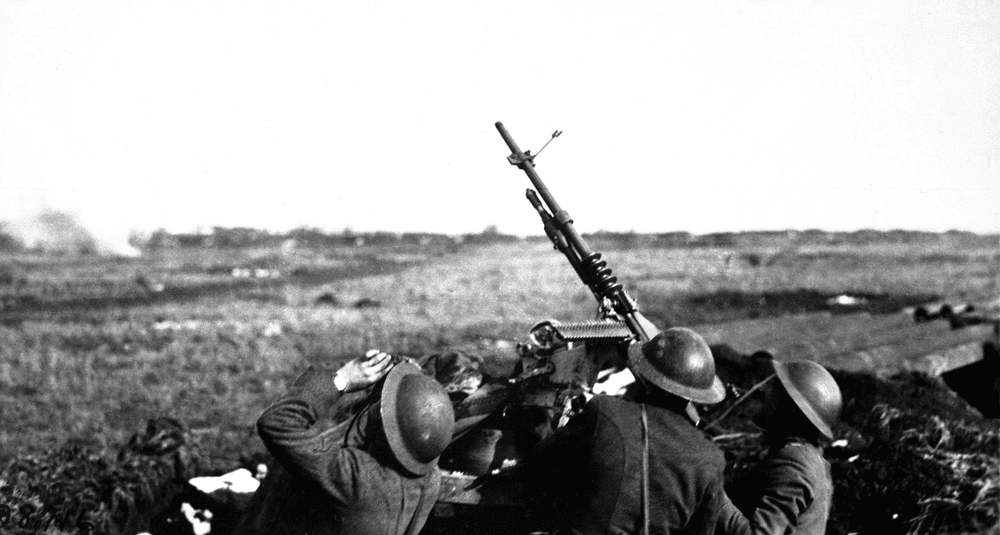Which American president officially declared war on the German Empire in 1917?
Last Updated:
It was American President Woodrow Wilson who officially declared war on the German Empire on April 6, 1917, thus committing the United States to the World War I. This decision marked a major turning point in the history of the conflict, both militarily and diplomatically. Until then, the United States had remained aloof from the European confrontations, adopting a position of neutrality. But in 1917, the situation changed radically, prompting Wilson to intervene.
When the World War I broke out in 1914, the United States, under the presidency of Thomas Woodrow Wilson, chose not to get involved in the conflict. Wilson, re-elected in 1916, wished to maintain a position of benevolent neutrality. He encouraged diplomacy, and on several occasions offered his services as a mediator between the warring European powers.
However, while the United States remained officially neutral, its economic and logistical support was clearly tilted in favor of the Allies, particularly France and the United Kingdom, to whom it supplied arms, equipment and credit.
Several events gradually led Woodrow Wilson to modify his position. The most important of these was Germany’s all-out submarine war. In 1915, the British liner Lusitania was sunk by a German submarine, resulting in the death of 128 American citizens. While this event was not enough to provoke an immediate reaction, it did contribute to the deterioration of American public opinion towards Germany.
In January 1917, a new trigger appeared, the Zimmermann telegram. This was a secret message sent by Germany to Mexico, proposing an alliance against the United States in the event of its entry into the war, with the promise to return to Mexico the lost territories (Texas, New Mexico, Arizona). The telegram was intercepted by British intelligence and forwarded to Washington. Its publication provoked strong emotion in the country.
Added to this was Germany’s decision to resume all-out submarine warfare, with no distinction between civilian and military vessels. This strategy endangered American merchant ships and directly threatened freedom of trade.
On April 2, 1917, Woodrow Wilson delivered a solemn address to Congress. In this historic speech, he asserts that the world must be made safe for democracy, describes Imperial Germany as a threat to world peace, and calls for mobilization in defense of the principles of liberty and justice.
Four days later, on April 6, 1917, Congress voted by a large majority for the United States to enter the war against the German Empire. This decision marked a major break with American foreign policy, which until then had favored isolationism. Wilson thus became the first president in history to commit his country to a global conflict.
America’s entry into the war marked a decisive turning point in the World War I. Its industrial power, logistical capacity and the massive influx of fresh troops from 1918 onwards considerably strengthened the Allied camp. German morale gradually collapsed, and the armistice was signed on November 11, 1918.
After the war, Wilson played a central role at the Paris Peace Conference, proposing the Fourteen Points, a program for lasting peace. He was also behind the League of Nations, the forerunner of the UN, although the United States ultimately did not join.
It was Woodrow Wilson, President of the United States, who officially declared war on the German Empire on April 6, 1917, putting an end to American neutrality. This decisive decision transformed the outcome of the World War I and placed the United States at the heart of international affairs.
history

Which American president officially declared war on the German Empire in 1917?
Answer
It was Woodrow Wilson, President of the United States, who officially declared war on the German Empire on April 6, 1917, during the World War I.